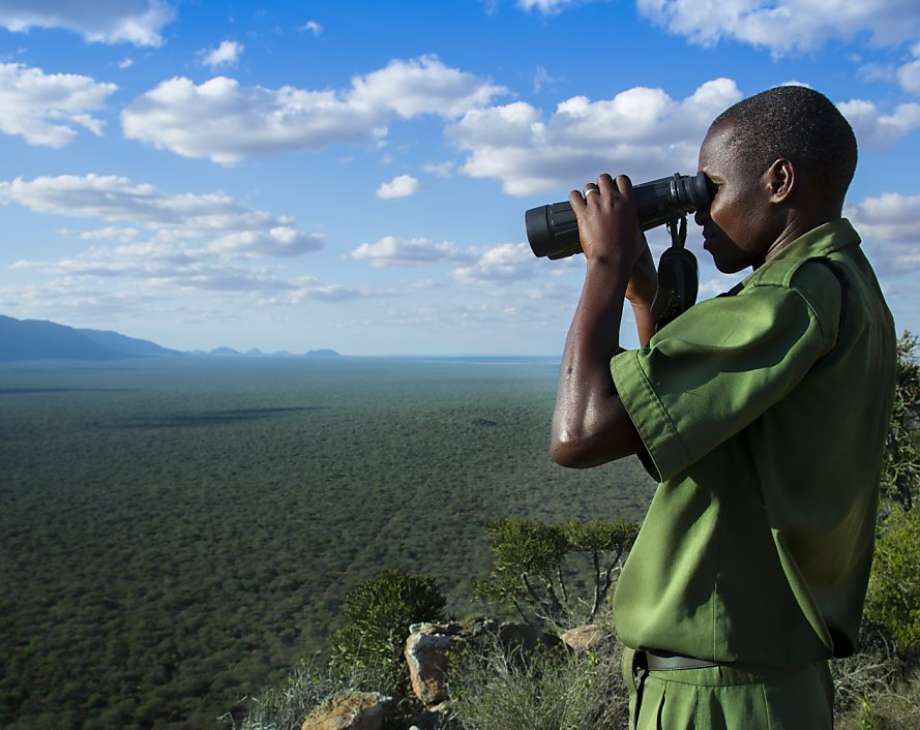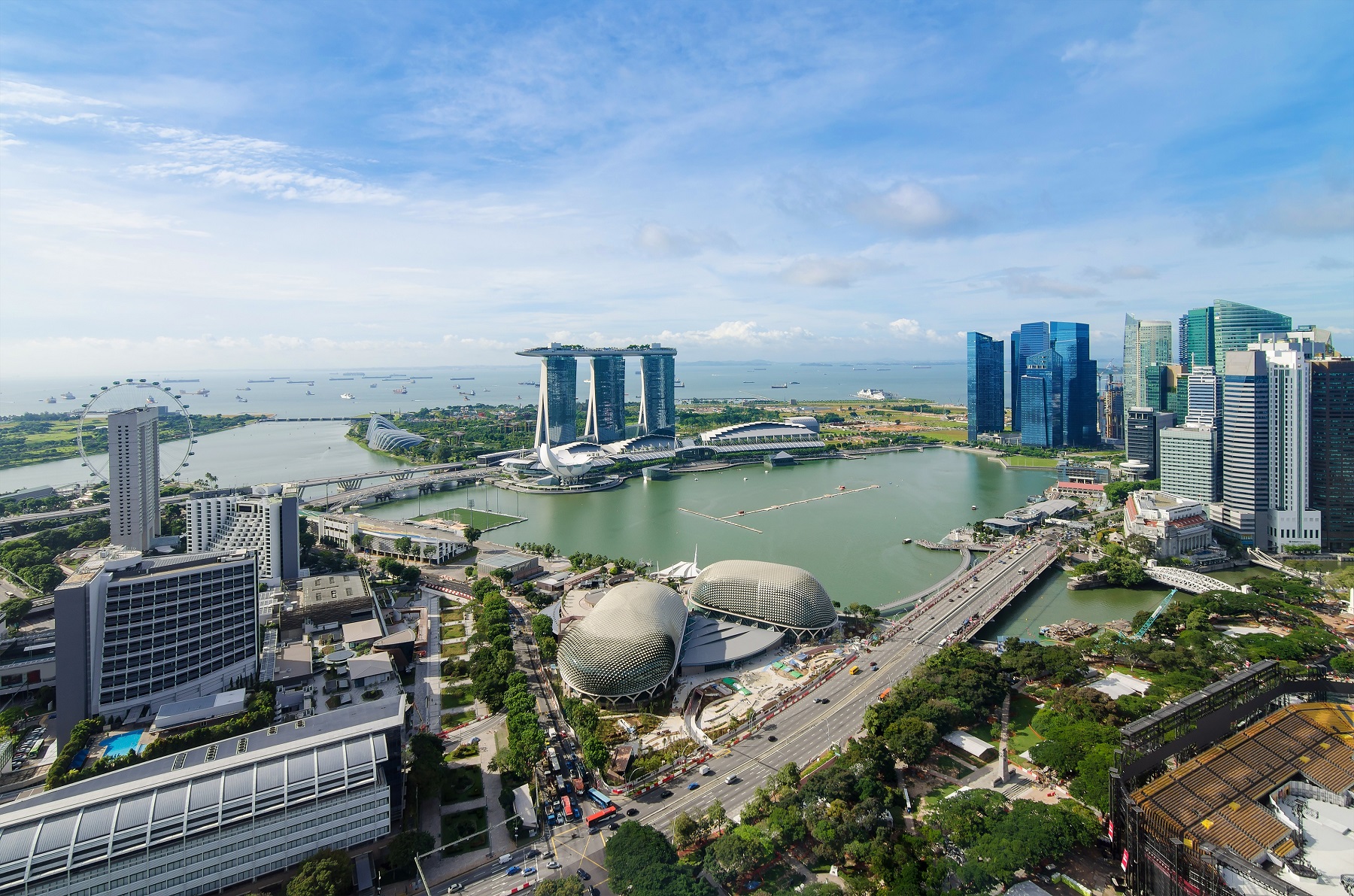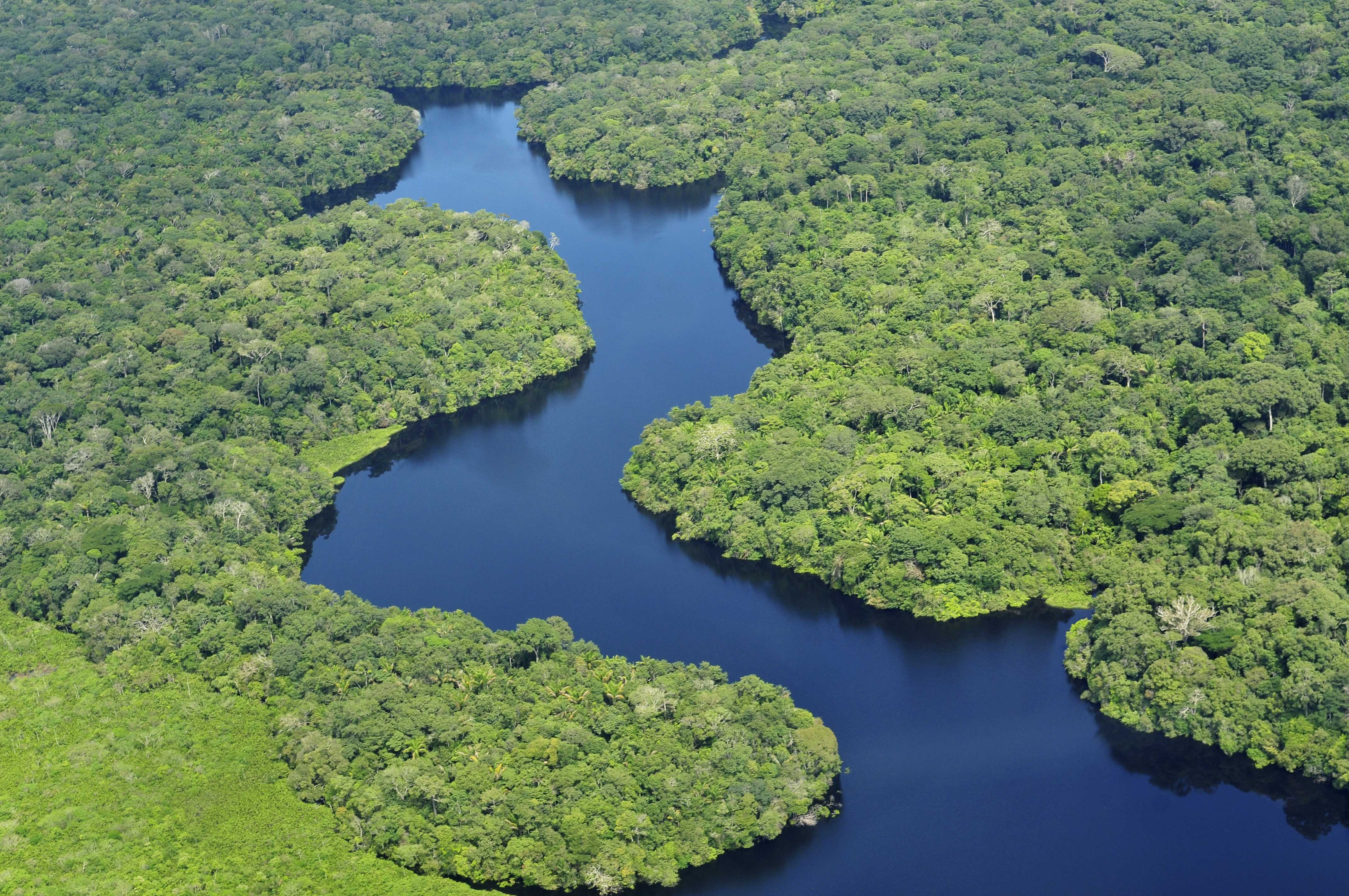Core to AlphaSource Advisors, is the mission to discover sustainable strategies that have a social and environmental impact. We invest in solutions that target climate change and enable local communities to thrive with a sustainable livelihood. Which is why we partnered with Wildlife Works, the world’s leading Reduced Emissions from Deforestation and Degradation (REDD+) project management and development company.
They launched the Kasigau Corridor REDD+ project, located in southeastern Kenya. It protects a total of 200,000 hectares (500,000 acres) of dryland forest and provides the rural community of 100,000 people with the benefits of carbon financing. Not only does this effort drive sustainable development in local communities, but it also protects the vital wildlife—an endangered population of African elephant, Grevy’s zebra, cheetah, lion and African wild dog. This flagship project advances the region’s progress in education, water access, agricultural intensification, health services, job creation, alternative sources of energy-production, and infrastructure.
The Kasigau Corridor REDD+ project is a market-based conservation solution which secures the entire wildlife migration corridor, bisecting the region of Tsavo—Kenya’s largest national park and home to half the country’s estimated 25,000 elephants. It is a pioneering program, the first REDD+ project to gain both the Verified Carbon Standard (VCS), and the Climate Community and Biodiversity Standard (CCB) to certify the accuracy for issuing credit for Voluntary Emission Reductions (VERs) in the carbon market. This flagship project achieved CCB Gold level certification for exceptional biodiversity and climate change adaptation benefits. They focus on establishing relationships within the local communities to drive impact: opportunities for sustainable development are launched, deforestation is reduced, and the valuable ecosystem is protected.
Here is a breakdown of the substantial results that have already been demonstrated in the Kasigau Corridor REDD+ project:
Food
The United Nations Framework Convention on Climate Change (UNFCCC) states that the most direct cause of deforestation is agriculture, with subsistence farming responsible for almost 50 percent. Wildlife Works pinpoints agricultural intensification as critical in order to address deforestation and food security. To dissuade pervious tactics (that are environmentally devastating) farmers are taught how to grow more on the same amount of land. Wildlife Works has established an organic greenhouse at the project, as well as several nurseries that produce various vegetable plants, fruit trees, fuel wood substitutes and cash crops. The community members raise and harvest the plants while the market links for the farmers to sell the seeds are provided by the Wildlife Works.
Job Creation
Pivotal to this conservation strategy, the project works to employ local individuals—who might have formerly been charcoal burners or poachers. Not only does this provide income to the community, government and local landowners, but it also serves to incentivize sustainable development and eco solutions. Hundreds of new jobs have been created; the number of rangers has increased sevenfold to 85 in the past few years. By offering people sustainable jobs, they no longer need to destroy their environment just to survive. Over 400 jobs have been created ranging from eco-factory seamstresses to rangers to forest monitors to teachers and more…
Education
School construction and maintenance has been funded—already 18 classrooms throughout the district have been built. Childcare and early education is provided for all children of Wildlife Works’ employees that are too young to enroll in school. While moms and dads work, kids are getting an early start to their education in a safe and nurturing environment.
Health
Each employee receives health insurance through the National Health Insurance Fund, (NHIF) paid for by Wildlife Works. This includes lifesaving medications for illnesses such as HIV/AIDS and Malaria. Additionally, Wildlife Works has contracted with a doctor to be available to any employee in need. Annual HIV/AIDS and TB testing is offered to all staff with a 95% opt-in rate. Ongoing educational seminars about these illnesses are offered year-round. Wildlife Works also constructed a state of the art blood testing laboratory in the nearest town, Voi which has saved countless lives.
Energy
An estimated 90% of Africa’s population uses wood-based fuel for cooking. Charcoal is the main fuel source of the Kasigau community and was a key driver of deforestation. To solve this, a sustainable charcoal program was created that does not require any trees to be burned down. Alternatively, trees are pruned. The result is a charcoal brick that produces a more efficient fuel source and is more affordable for the community.
Water & Infrastructure
A key driver of deforestation and poverty is a lack of water in the Kasigau Corridor region. The impact of this problem has a disproportionate burden on the women and children, who walk up to 15 kilometers (9.3 miles) to retrieve water. This puts a heavy strain on pregnant and nursing women, as well as children who often miss school to fulfill their most basic need. To address this issue, the community has decided to allocate 60% of its proceeds from their portion of carbon offset sales to increase water access. Wildlife Works develops water projects with the community to make significant progress in the quality of life for all.
The Kasigau Corridor project serves as a significant proof-of-concept for how REDD+ can be applied on a global basis to evoke real change. Every facet of this program is combative against the potent release of carbon dioxide emissions. The preservation of this swath of forest is estimated to avoid more than 6 million metric tons of carbon dioxide for the next 30 years. The glaring issue of climate change is holistically addressed by the Wildlife Works’ REDD+ Kasigau Corridor project. The solution: to focus on community development activities in conjunction with dryland forest protection. This strategy is a sustainable approach to a dire situation, the impact is boundless, and the long-term value is self-evident.





